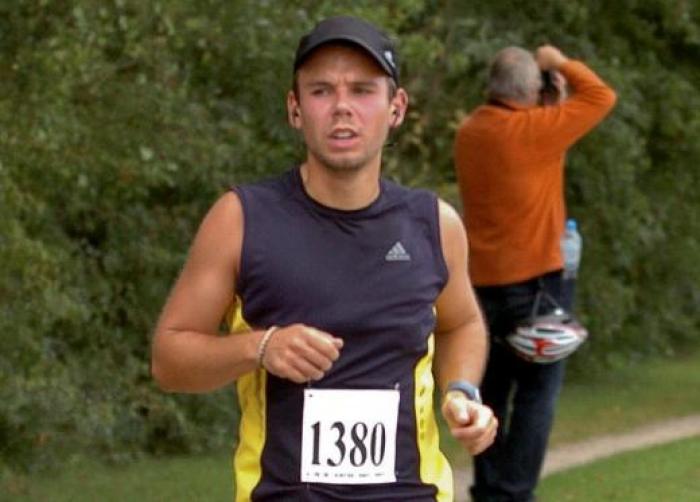Germanwings Co-Pilot Lubitz Was Treated for 'Suicidal Tendencies' Before Receiving License, Sparks Discussion Over Doctor-Patient Confidentiality

Revelations that Germanwings Flight 9525 co-pilot Andreas Lubitz was treated for "suicidal tendencies" before receiving his pilot's license has sparked a discussion on doctor-patient confidentiality in Germany, with some lawmakers suggesting doctors should have a duty to speak out if a person's condition potentially puts other lives at risk.
The public prosecutor's office in Düsseldorf said on Monday that Lubitz had been treated for "suicidal tendencies" before earning his pilot's license, but following the treatment he appeared to have gotten better and doctors found no other signs of those tendencies or any aggression toward others.
Lubitz is widely believed to have deliberately crashed the Airbus A320 jet last week in the French Alps, killing all 150 people on board.
A leaked audio transcript showed that Lubitz had locked the cockpit door after Capt. Patrick Sondenheimer had stepped out to go to the bathroom, and refused to open it despite the captain's pleas and attempts to break in.
German investigators have searched multiple homes where Lubitz has resided, and found evidence such as torn-up doctor's notes that suggest he was unfit to work on the day of the crash. Medical reports revealed he had been treated for a "severe depressive episode" that interrupted his flight training six years ago, but the exact condition he had been suffering from was not revealed.
On Monday, the public prosecutor's office said that the 27-year-old co-pilot had been treated by psychotherapists "over a long period of time," but due to privacy protection under German law, doctors are not required to share his condition with others.
Roland Quast, medical director of Aeromedical Center Germany in Stuttgart, said that Lubitz would have had to disclose his condition himself.
"What is decisive is that the pilot tells the truth," Quast said, according to The New York Times. "If he lies, we don't have lie detectors."
Some lawmakers, such as Karl Lauterbach, a Social Democrat and a medical expert, said that medical professionals should be allowed the right to inform the authorities about patients in cases that could affect public safety.
Lauterbach told the German newspaper Bild that if lives could be endangered, "the doctor has a duty to inform the employer about the unsuitability of the employee to do his work ... especially in the case of psychiatric illness and the possible danger of suicide."
Prosecutors have made clear that the investigation into the crash and Lubitz's motives continues, however.
"In particular, there continues to be no verifiable warning of such an act nor has any claim of responsibility been found," the statement said.
TIME noted on Monday that rescue workers, who are still collecting bodies from the French Alps, believe to have identified the remains of Lubitz at the crash site.
Bild said that French investigators apparently identified the co-pilot' remains using DNA matching. Forensic scientists suggested that this might also be an important discovery, as tests will show if Lubitz was using drugs or any kind of medication on the day of the crash.




























